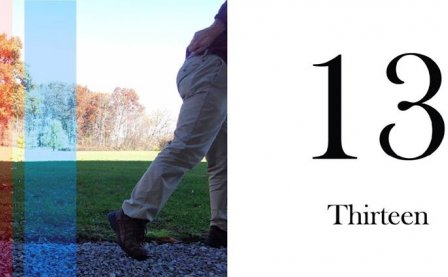Everyone remembers something about September 11, 2001. I recall standing in a stairwell after leaving Geometry class and hearing the terrible news. I can’t un-remember coming home a few hours later to wish my dad a happy 49th birthday. But these memories do not evoke pain, mourning, sadness, regret, or just about any other negative emotion one can think of. They do not serve as a call to arms, or to honor our dead, or as a sobering reminder of what has since happened throughout the world. In fact, these memories stand for little than a reminder of my past self and that my dad’s birthday is on September 11. I wasn’t directly affected by the events of that day, nor did my life change much as a result of it. Yet I can’t shake that moment, which now serves as a demarcation between my formative life and my present one.
Keith Rowe seems to think of that day in a similar manner. Back in 2011, on September 11, Rowe performed a solo set in New York City in remembrance of the day. Following an extremely quiet set from Radu Malfatti and Taku Unami, Rowe unloaded one doozy of a 34-minute performance on the crowd at New York’s AMPLIFY 2011. Rowe’s set consisted of his (totally sexy) table-top guitar, a shortwave radio, and a recording of Antonín Dvořák’s Piano Quintet No. 2 in A major performed by Clifford Curzon and the Vienna Philharmonic Quintet. While the latter was quite unusual for a Keith Rowe performance, it was also instrumental to what made this set so special. To Rowe, the Dvořák recording “was about memories, specifically cherished memories from long ago, how wonderful things were then,” instances that exist clearly in our minds, yet seldom mean much by themselves, aside from an ineffable temporal distance.
Fading in and out of Rowe’s performance, the Dvořák recording (which I believe starts at its second movement), as well as some magnificent radio grabs, fight Rowe’s exceptionally discordant guitar. Curzon’s delicate romanticism and the shortwave intermissions (a GEICO commercial, EMF’s “Unbelievable,” a KPFA discussion about the NORAD tapes, maybe Bad Company’s “Feel Like Making Love,” The Police’s “Every Little Thing She Does Is Magic,” etc.) forms Rowe’s past, romantic and adult contemporary. His guitar — scrapped, nailed, and mangled — obfuscates and buries these thoughts, both hiding the past and juxtaposing it against a harsh reality. Every second is as sensational as it is chilling. We almost feel embattled, as if our memories are being attacked by Rowe’s guitar and are becoming increasingly fuzzier throughout the half hour, until we all but lose sense of temporality.
And it sounds amazing — how the Dvořák recordings peeks out from Rowe’s squalor, how the radio commercials nearly derail the performance, how the pure serendipity of the songs blend into the mix. After having listened to September countless times, I’m still flabbergasted at how unbelievably timed EMF is within the set; this can’t be improvised. By the time we reach the end of September, we’re concerned about who will win out: our forgetful present self or the past. At this point, Rowe’s guitar has almost entirely enveloped Dvořák, until under a minute is left and Rowe recedes; a few lines of the Quintet reemerges only to putter out shortly thereafter. But what we actually hear is secondary to the theme of the set: September is simultaneously a monument to everything that is special about improvised music and an honest tribute to what that day is: an important event. There are no histrionics or grandstanding; there is no articulation of what the event should mean or signify. September is merely a composition of a memory as seen through the present, appropriately blurred and expectantly contorted.
More about: Keith Rowe


